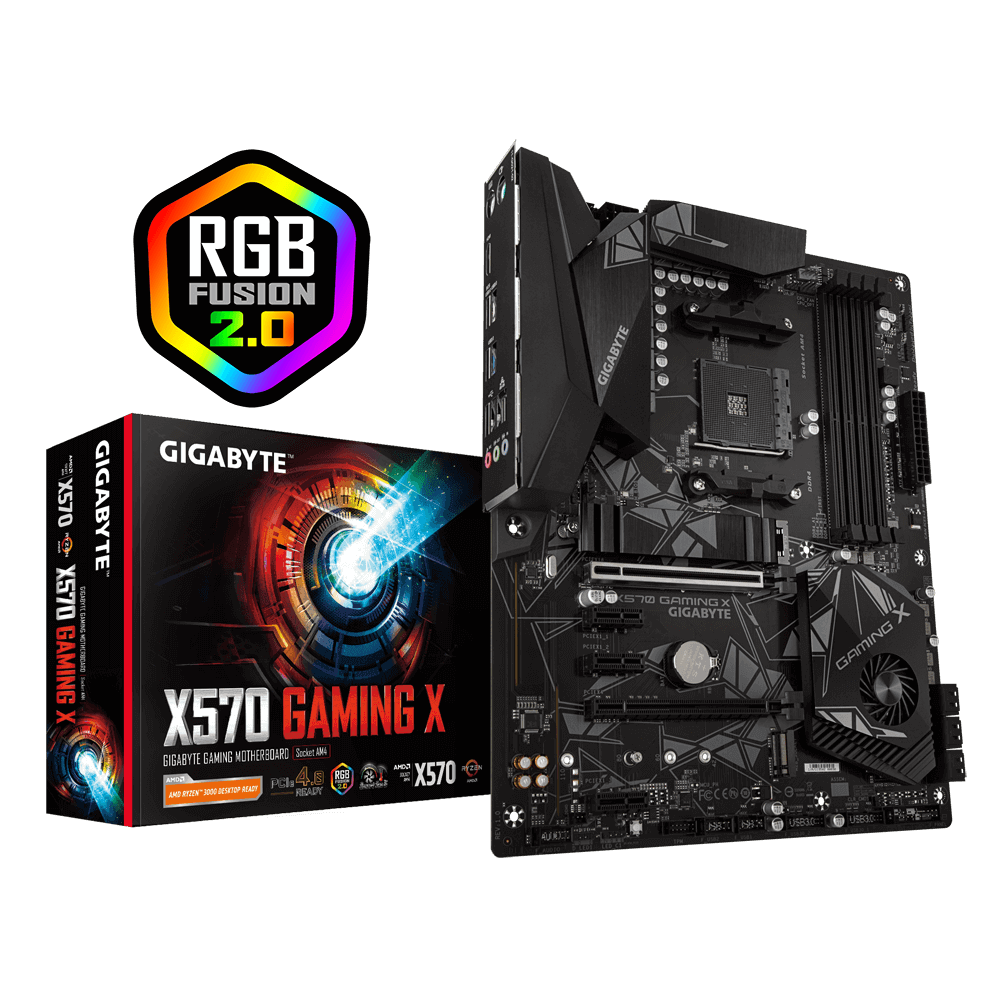Download the files.OK but you still have REVISION OF THE MOTHERBOARD.
It'll like 1.0 on the 1.1 on the motherboard itself, I know I've had Gigabytes. once you have revision of that board
That BIOS is from 2019, latest one 2024

X570 GAMING X (rev. 1.0) Support | Motherboard - GIGABYTE Global
Lasting Quality from GIGABYTE.GIGABYTE Ultra Durable™ motherboards bring together a unique blend of features and technologies that offer users the absolute ultimate platform fo...

X570 GAMING X (rev. 1.1) Support | Motherboard - GIGABYTE Global
Lasting Quality from GIGABYTE.GIGABYTE Ultra Durable™ motherboards bring together a unique blend of features and technologies that offer users the absolute ...
Besides version, date, filename, use something like Winrar or checksum generator and you will see they are same.
Use HxD, compare the UEFI files, they are identical to the hex, byte, etc.....



 , I don't doubt some can have issues with certain combinations of SW, HW and FW settings. The other factor is happy users are never gonna be posting about no issues, we never know how many users there are of x board.
, I don't doubt some can have issues with certain combinations of SW, HW and FW settings. The other factor is happy users are never gonna be posting about no issues, we never know how many users there are of x board.